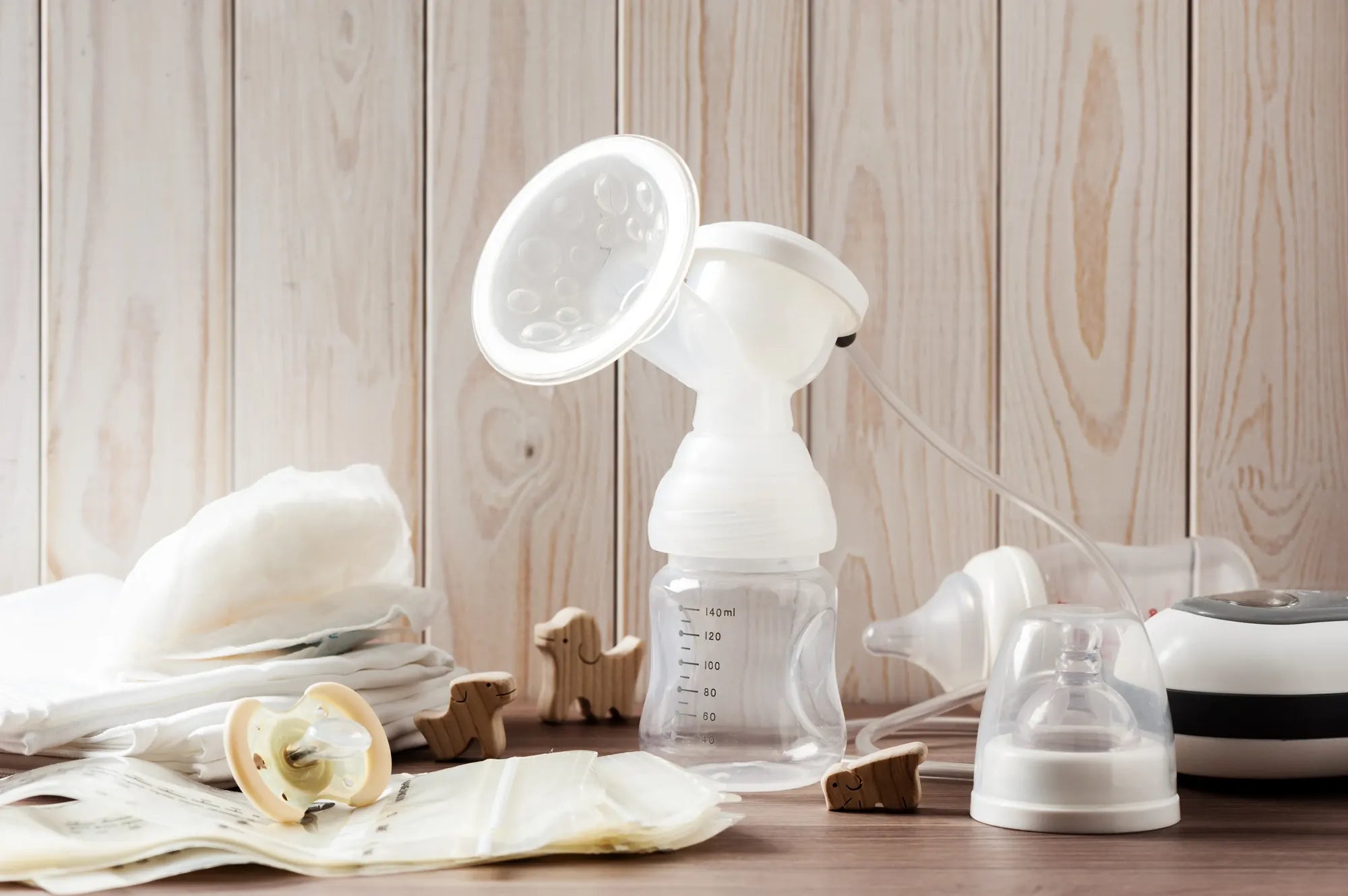Startseite
Pregnancy, Breastfeeding, and Pumping: The Ultimate Guide for Moms
How Can I Produce More Breast Milk While Pumping: Expert Tips and Strategies

How Can I Produce More Breast Milk While Pumping: Expert Tips and Strategies
For many nursing mothers, producing enough breast milk while pumping can be a challenging yet essential part of their breastfeeding journey. Whether you're returning to work, managing a busy schedule, or simply looking to boost your milk supply, understanding the right strategies can make all the difference. This article dives into practical, evidence-based tips to help you produce more breast milk while pumping, ensuring your baby gets the nourishment they need.
Understanding the Basics of Breast Milk Production
Breast milk production operates on a supply-and-demand basis. The more milk is removed from your breasts, the more your body is signaled to produce. Pumping regularly and effectively is key to maintaining and increasing your milk supply. Here's how you can optimize this process:
1. Pump Frequently and Consistently
Consistency is crucial when it comes to pumping. Aim to pump every 2-3 hours, mimicking a baby's feeding schedule. This regularity signals your body to produce more milk. Even if you're not getting much milk during each session, the act of pumping stimulates milk production over time.
2. Use the Right Pumping Technique
Proper pumping technique can significantly impact your milk output. Ensure that your pump flanges fit correctly and that you're using the right suction level. Massaging your breasts before and during pumping can also help stimulate milk flow and increase output.
3. Practice Hands-On Pumping
Hands-on pumping involves using your hands to massage and compress your breasts while pumping. This technique can help empty your breasts more effectively, which in turn signals your body to produce more milk. Focus on areas that feel full or lumpy to ensure complete drainage.
Nutrition and Hydration for Optimal Milk Production
Your diet plays a significant role in breast milk production. Staying hydrated and consuming nutrient-rich foods can support your body's ability to produce milk. Here are some dietary tips to consider:
1. Stay Hydrated
Dehydration can negatively impact milk supply. Aim to drink at least 8-10 glasses of water daily. Keep a water bottle nearby while pumping to remind yourself to stay hydrated.
2. Eat Lactation-Boosting Foods
Certain foods are known to support milk production. Incorporate oats, barley, fenugreek, and leafy greens into your diet. These foods contain nutrients that can help boost your milk supply naturally.
3. Avoid Empty Calories
While it's important to eat enough calories to support milk production, focus on nutrient-dense foods rather than empty calories. Processed snacks and sugary treats may provide energy but lack the essential nutrients your body needs.
Lifestyle Adjustments to Enhance Milk Production
Your overall lifestyle can influence your ability to produce breast milk. Making small adjustments to your daily routine can have a big impact on your milk supply. Consider the following tips:
1. Prioritize Rest and Relaxation
Stress and fatigue can hinder milk production. Make time for rest and relaxation, even if it's just a few minutes of deep breathing or meditation. A calm mind and body are more conducive to milk production.
2. Skin-to-Skin Contact
Spending time with your baby through skin-to-skin contact can stimulate milk production. This practice releases hormones that encourage milk letdown and bonding. Try to incorporate skin-to-skin time into your daily routine, especially before pumping.
3. Limit Alcohol and Caffeine
While moderate consumption of alcohol and caffeine is generally safe, excessive intake can affect milk production. Limit these substances to ensure your body is functioning optimally for milk production.
Advanced Strategies for Increasing Milk Supply
If you're still struggling to produce enough milk, consider these advanced strategies to further boost your supply:
1. Power Pumping
Power pumping involves pumping for short intervals over an extended period to mimic cluster feeding. For example, pump for 20 minutes, rest for 10 minutes, and repeat for an hour. This technique can help increase milk production over time.
2. Consider Herbal Supplements
Certain herbal supplements, such as fenugreek and blessed thistle, are believed to support milk production. Consult with a healthcare provider before starting any supplements to ensure they're safe for you and your baby.
3. Seek Professional Support
If you're still facing challenges, consider consulting a lactation consultant or healthcare provider. They can provide personalized advice and support to help you achieve your breastfeeding goals.
Producing more breast milk while pumping is achievable with the right strategies and mindset. By understanding the basics of milk production, optimizing your nutrition, making lifestyle adjustments, and exploring advanced techniques, you can enhance your milk supply and provide the best nourishment for your baby. Remember, every mother's journey is unique, so be patient with yourself and seek support when needed. With dedication and the right approach, you can successfully increase your breast milk production while pumping.
Teilen


